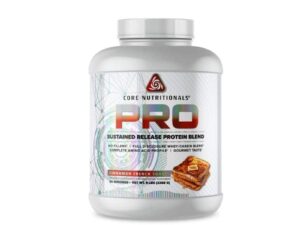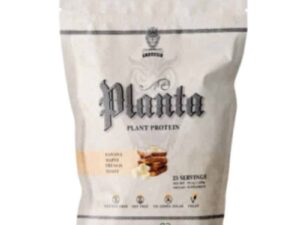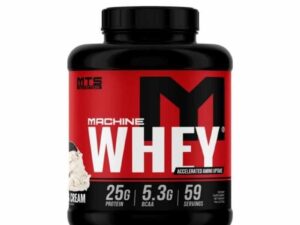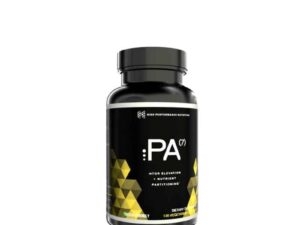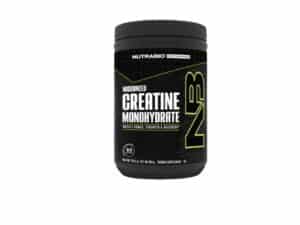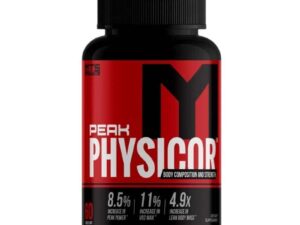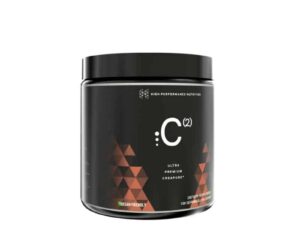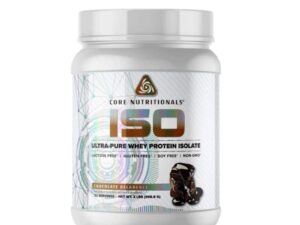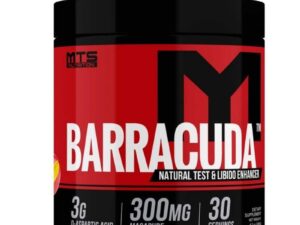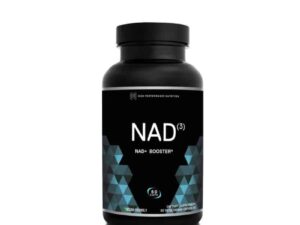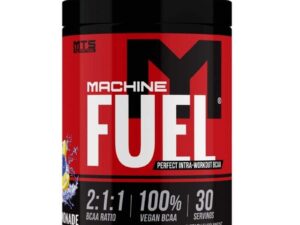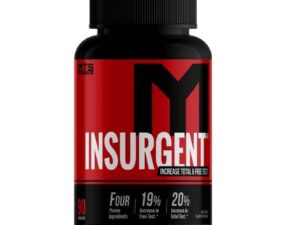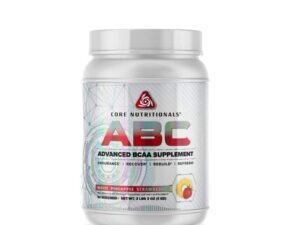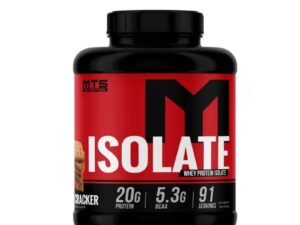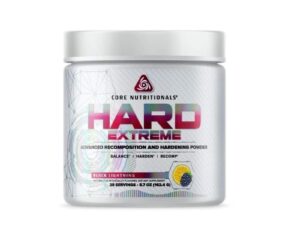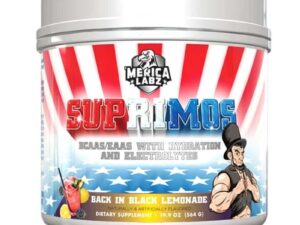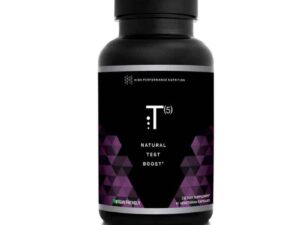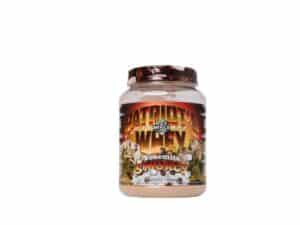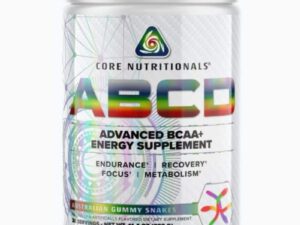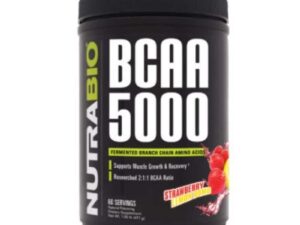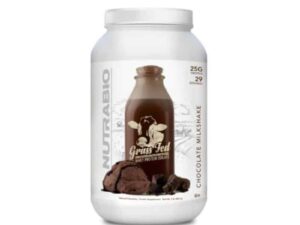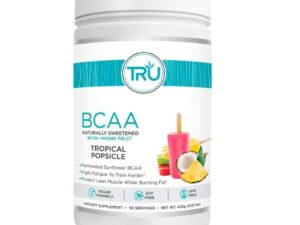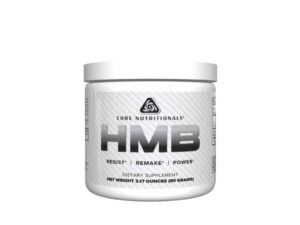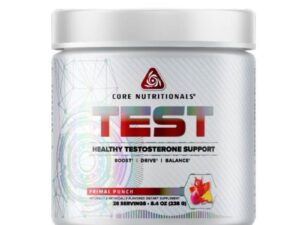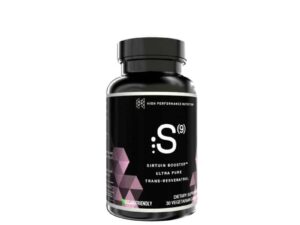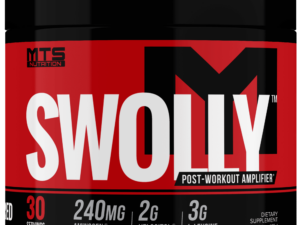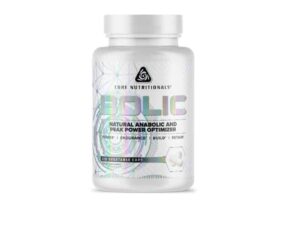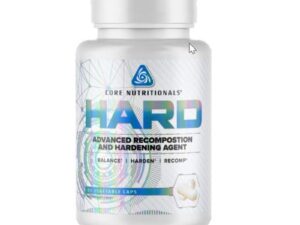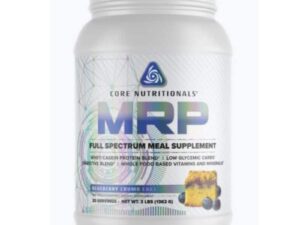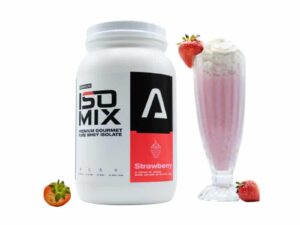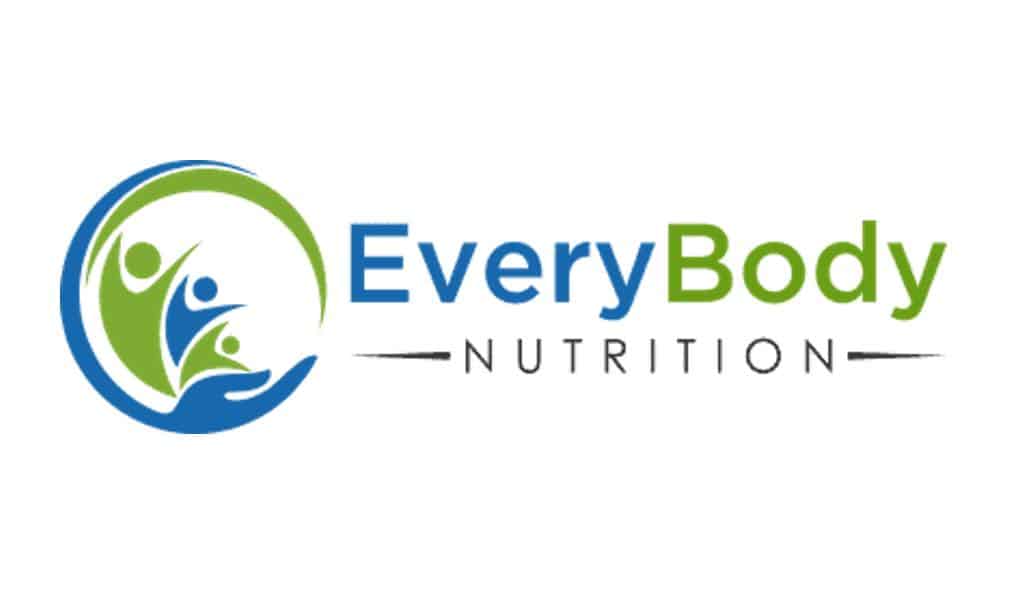Enhance lean muscle with protein supplements, creatine, BCAAs, and other scientifically tested products to help you get results.
FREQUENTLY ASKED QUESTIONS (FAQ)
Why is lean muscle important for fitness, and how can I enhance my lean muscle mass?
Lean muscle contributes to overall strength, metabolism, and a sculpted physique. To enhance lean muscle, a combination of resistance training, proper nutrition, proper rest and targeted supplements can be effective.
How does protein supplementation contribute to lean muscle growth, and what are the recommended types of protein supplements?
Protein is essential for muscle repair and growth. Whey protein, casein, and plant-based proteins are popular choices. These supplements provide a convenient way to meet protein requirements, especially post-workout, to support muscle protein synthesis.
What is creatine, and how does it help in building lean muscle?
Creatine is a naturally occurring compound that plays a crucial role in energy production during high-intensity activities. It has been extensively studied and shown to enhance strength, muscle size, and overall athletic performance, making it a valuable supplement for those aiming to build lean muscle.
How do Branched-Chain Amino Acids (BCAAs) contribute to muscle growth, and when is the best time to take them?
BCAAs, including leucine, isoleucine, and valine, are essential amino acids that support muscle protein synthesis and reduce muscle breakdown. Taking BCAAs, especially around workouts, can enhance recovery and promote lean muscle development.
Are there other scientifically tested supplements that can aid in building lean muscle?
Yes, there are several scientifically tested supplements to help your training to achieve lean muscle. Beta-alanine can improve endurance during high-intensity workouts, and HMB (beta-hydroxy beta-methylbutyrate) may help prevent muscle breakdown. However, it’s essential to consult with a healthcare professional before incorporating new supplements.
What is the importance of proper nutrition in building lean muscle, and are there specific dietary recommendations?
Nutrition is a cornerstone of building lean muscle. Consuming a balanced diet with an adequate amount of protein, carbohydrates, and healthy fats is crucial. Timing meals around workouts, staying hydrated, and incorporating nutrient-dense foods support muscle growth.
Can I build lean muscle without using supplements, relying solely on a balanced diet and exercise?
Yes, building lean muscle is possible without supplements. A well-structured resistance training program combined with a balanced diet that meets your protein and calorie needs is fundamental. Supplements can be a convenient addition but are not a strict requirement.
How long does it typically take to see noticeable results in lean muscle growth?
The timeline for noticeable results varies among individuals. Factors such as genetics, training intensity, consistency, and overall lifestyle contribute to the rate of muscle growth. Generally, with a structured program, individuals can start seeing changes within a few weeks to a couple of months.
Are there any potential risks or side effects associated with using muscle-building supplements?
While many supplements are generally safe when used as directed, some individuals may experience mild side effects. It’s essential to follow recommended dosages, stay hydrated, and monitor how your body responds. Consulting with a healthcare professional can provide personalized advice.
What are the best practices for incorporating supplements into a lean muscle-building regimen?
Start with foundational supplements like protein and consider adding others based on individual goals and needs. Pay attention to proper dosages, timing, and overall nutrition. Consistency in training, adequate rest, and a well-rounded approach contribute to optimal results.
Can women benefit from the same muscle-building supplements as men, or are there gender-specific considerations?
While the foundational principles of building lean muscle apply to both genders, women may have different nutritional needs. Women can benefit from protein, creatine, and BCAAs but may consider adjusting dosages based on individual requirements and goals.
